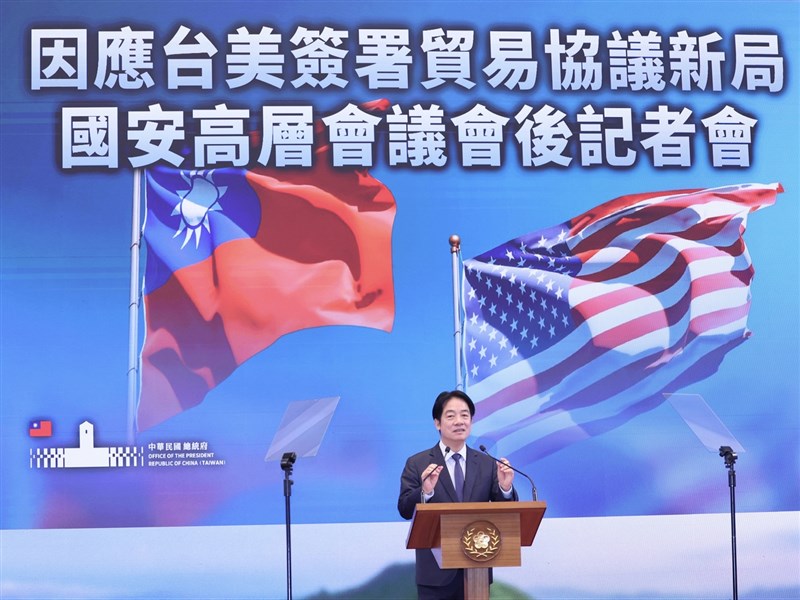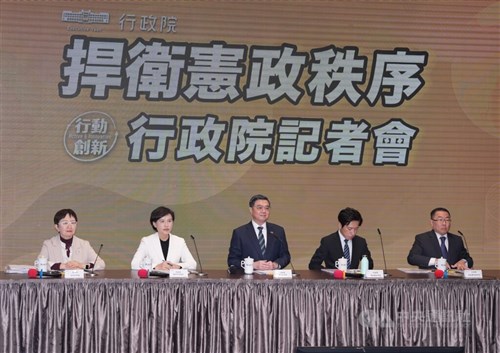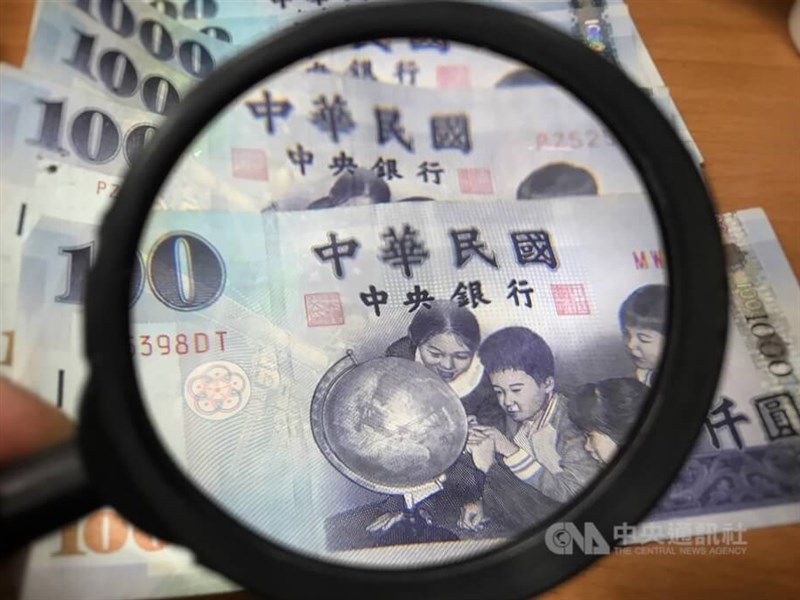Taiwan will hold a referendum on Aug. 23 to decide whether the Maanshan Nuclear Power Plant -- which stopped operating in May after 40 years of service -- should restart.
(Full text of the story is now in CNA English news archive. To view the full story, you will need to be a subscribed member of the CNA archive. To subscribe, please read here.)
More in EXPLAINER
-
![5 things to know about the Taiwan-U.S. trade deal]() 5 things to know about the Taiwan-U.S. trade dealTen months after U.S. President Donald Trump sent a seismic wave across the globe with a new tariff policy in April 2025, Taiwan and the United States on Thursday signed an Agreement on Reciprocal Trade (ART) in Washington.02/14/2026 01:17 PM
5 things to know about the Taiwan-U.S. trade dealTen months after U.S. President Donald Trump sent a seismic wave across the globe with a new tariff policy in April 2025, Taiwan and the United States on Thursday signed an Agreement on Reciprocal Trade (ART) in Washington.02/14/2026 01:17 PM -
![The Cabinet's refusal to sign revised revenue-sharing law]() The Cabinet's refusal to sign revised revenue-sharing lawPremier Cho Jung-tai (卓榮泰) on Monday said that he will refuse to countersign amendments to a revenue-sharing law passed by the opposition-controlled Legislature -- an unprecedented action no Republic of China (Taiwan) government has previously taken.12/16/2025 08:57 AM
The Cabinet's refusal to sign revised revenue-sharing lawPremier Cho Jung-tai (卓榮泰) on Monday said that he will refuse to countersign amendments to a revenue-sharing law passed by the opposition-controlled Legislature -- an unprecedented action no Republic of China (Taiwan) government has previously taken.12/16/2025 08:57 AM -
![Everything you need to know about how to get NT$10,000 cash handout]() Everything you need to know about how to get NT$10,000 cash handoutThe Executive Yuan announced Thursday that registration for a one-time universal NT$10,000 (US$321) cash handout to help people in Taiwan survive Trump-era tariffs and inflation will start on Nov. 5, with payouts available as early as Nov. 12.10/24/2025 02:27 PM
Everything you need to know about how to get NT$10,000 cash handoutThe Executive Yuan announced Thursday that registration for a one-time universal NT$10,000 (US$321) cash handout to help people in Taiwan survive Trump-era tariffs and inflation will start on Nov. 5, with payouts available as early as Nov. 12.10/24/2025 02:27 PM
Latest
-
Society
Penghu magistrate's condition improving after surgery: Hospital
02/19/2026 06:09 PM -
Society
Taipei warns residents as landfill fire smoke drifts across districts
02/19/2026 02:48 PM -
Society
Taiwan headline news
02/19/2026 02:28 PM -
Politics
Ex-recruits look back as alternative diplomatic service phased out
02/19/2026 12:27 PM -
Society
Agricultural research station in Tainan introduces new sesame variety
02/19/2026 12:13 PM


